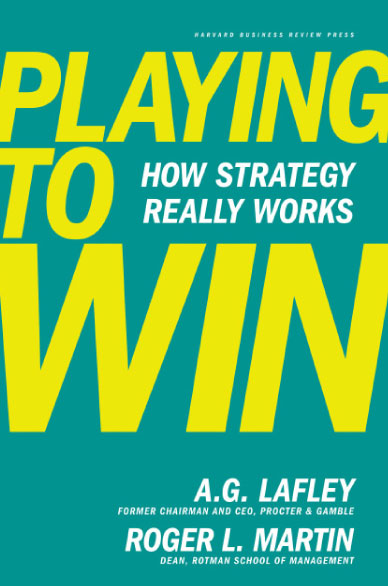
Are you thinking about your church’s vision for 2022? How does it compare to your vision for 2021?
One critical tool influences the success of every vision. That tool is a good strategy. Without strategic leadership, we frustrate ourselves and lead a church in circles, bogged down by poor financial management, haphazard evaluation and meetings that lack clear agendas. A prayerfully discerned strategy is one of the most important aspects of achieving any vision, and it is one of the most overlooked.
- What is strategy? Business professor Michael D. Watkins says that “a good strategy provides a clear roadmap, consisting of a set of guiding principles or rules, that defines the actions people in the [organization] should take (and not take) and the things they should prioritize (and not prioritize) to achieve desired goals.” Discerning strategy means saying “yes” to some things and “no” to other things.
Proverbs 29:18 says, “Where there is no vision, people perish.” It is also true that where there is no roadmap, visions perish. Leaders sometimes think that if they declare a compelling vision, it shall be done. Lay leaders may sincerely want to embrace the vision — but without a clear strategy, no one knows the next steps. - Clarify those next steps through asking strategic questions. We might be tempted to think that a good strategy starts with smart answers, but the best strategies actually start with clear and compelling questions. Questions have the power to expand our thinking and lead us to new discoveries. Here are a few questions to consider as you discern strategic directions with your congregation:
What is the specific pathway in your congregation for nurturing Christ-followers?
What are the intentional steps for the nominating committee to identify those whom God is calling to serve?
In what communities, organizations or new opportunities is God leading your church to invest its human and financial resources as representatives of Christ’s redemptive work in the world?
As you discern the answers to these questions, you will develop a roadmap to use as a guide for the church’s budget and calendar.
Resources
Strategic questions: Engaging people’s best thinking
By Juanita Brown, David Isaacs, Eric Vogt and Nancy Margulies
Name your mission, develop strategies and then evaluate impact
By David L. Odom
How might a business strategy help congregations make choices?
A “translation” of “Playing to Win” for church leaders.
Before you go…
When I started pastoring, I knew the importance of vision. It took a few years, however, for me to fully grasp the necessity of a good strategy. Part of making any strategy work is having the right people, but we’ll talk about building teams in a future Alban Weekly. For now, I want to encourage you to invest time, prayer and energy into discerning how you’ll develop a roadmap for ministry. Who needs to be at the table with you? What questions do you need to ask? A vision without a plan is just a dream.
You can always send me and the Alban Weekly team a note with your questions or comments. The email is alban@duke.edu. May the God who called you continue to guide you. Peace and blessings!
Prince Rivers
Editor, Alban at Duke Divinity




